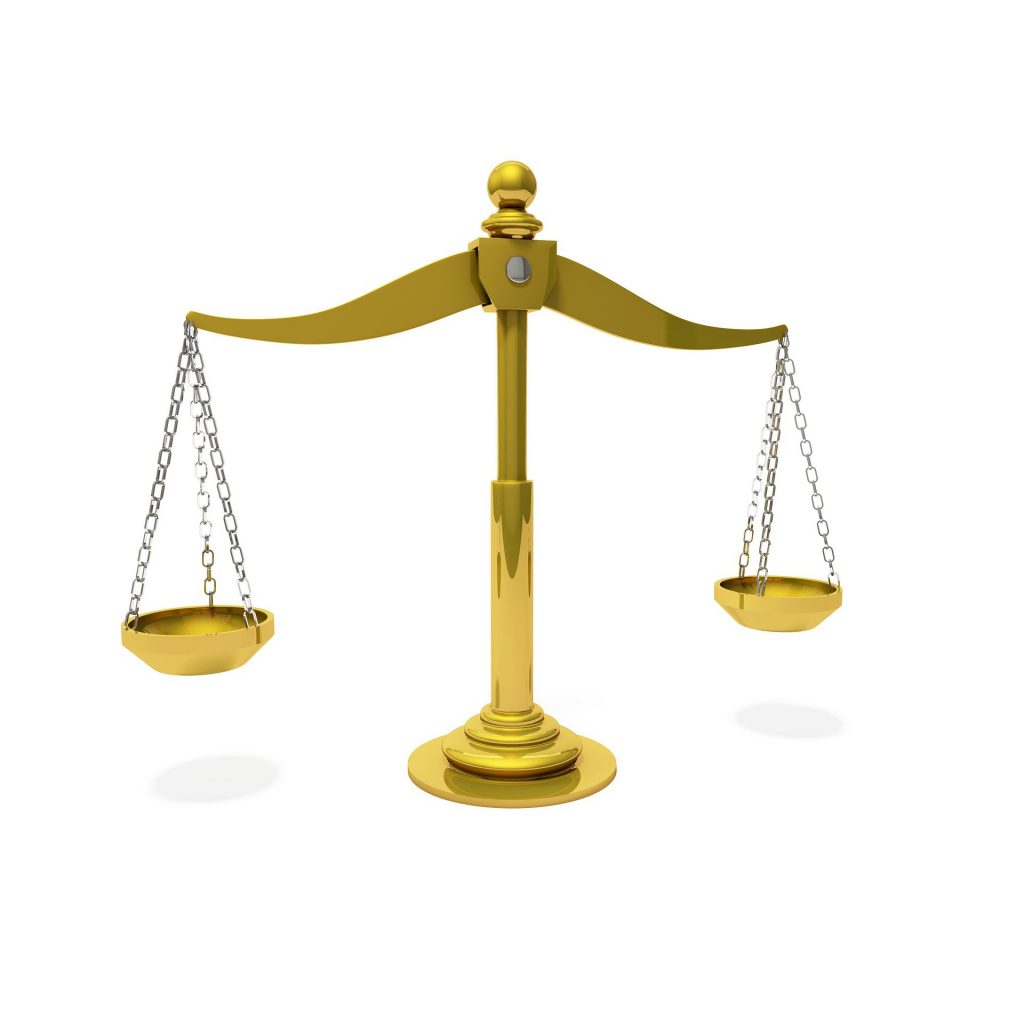Once you’ve made the decision to invest in a solar energy system, you still have another decision to make: should you be grid-tied or go off-grid? The difference between the two is in where you store the energy that you generate. An off-grid system is entirely self-sufficient; your solar energy system will produce all of your energy on site. A grid-tied system is attached to the power grid, which will provide your home or business with electricity if your panels are not able to produce enough power. Grid-tied solar is the preferred type of solar system for most properties because it’s cheaper, but depending on your situation you might want to go off-grid.
Grid-Tied
With grid-tied solar energy systems, the energy that your system generates is sent to the utility grid. The energy you produce will be used to power your home first, and the excess will then be distributed to everyone in your area who is connected to your grid. You will also be able to use the energy stored in the grid to power your home at night when your solar panels are not generating any charge. You will receive credit for the energy that you generate, which you can use at any time. The pros of going grid-tied are:

- It is less expensive because you will not not need a backup battery.
- You’ll save money with the net metering program. Net metering is a billing mechanism that allows you to sell the excess energy you generate back to the grid.
- It’s flexible: if you can’t install a solar system big enough to cover 100% of your energy use, being tied to the grid will give you access to electricity when you need it.
- In some areas, solar renewable energy credits will allow you to earn extra income by selling the SRECs your system produces.
The only downside to being grid-tied is the same downside that any home faces: if the grid goes down, then so will your system and your electricity, and it will not turn back on until power is restored to the grid.
Off-Grid
Off-grid solar energy systems have no access to the utility grid whatsoever. Your home or business will generate its own electricity, and you will need a way to store energy for nights and cloudy days. This means you’ll need a “battery bank,” or batteries that will store any extra energy produced. Unfortunately, batteries are the most expensive part of this type of solar system, accounting for about 30-40% of the cost of the system. The pros of going off-grid are:

- You are completely independent from the grid. If there is a blackout and the local grid has no power, you won’t have to worry about losing power as well. You will still have access to the energy that is stored in your batteries.
- If you live in a remote location where installing traditional power poles is difficult and expensive, you will have more reliable access to electricity.
- You produce all of your own power supply, so you’ll be able to see how much power you use in a day and will be able to take better control of your energy consumption.
The biggest downside to going off-grid is the need to have batteries for backup energy on days when there is no direct sunlight reaching your solar panels. These batteries are expensive and are costly to replace, which you will need to do every 5 to 6 years.
What’s Best For You?

You’ll have to weigh many factors when choosing whether to go off-grid or grid-tied. Take into consideration things like how far you live from a grid, what size your home is, and how much energy you consume. Most people end up buying a grid-tied solar system because these systems provide security and predictability at an affordable price. If you are in an isolated area, though, an off-grid solar system might be a better option.
If you would like to learn more about grid-tied and off-grid solar, and which system would be best for you, speak to a Go Solar Energy agent. Our agents are highly knowledgeable about all types of solar energy systems and can answer any questions you have, as well as find the perfect system for you. To speak to an agent directly, call (888) 290-3112, or to get instant quotes on different plans in your area, enter your zip code on our homepage.
Leave a Reply